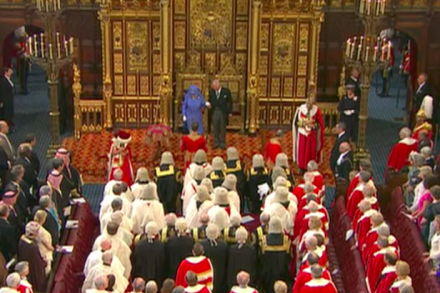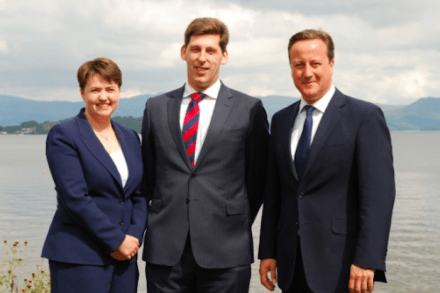Queen’s Speech: the full guide to what’s been scrapped
Today’s Queen Speech was supposed to be a moment of crowning glory for Theresa May. Instead, it’s a muted affair, with the Tories’ plans for Government left in tatters as a result of their blown majority. ‘Strong and stable’ is out; in comes ‘humility’ and ‘resolve’ – and the party’s manifesto has been largely binned. Here’s what didn’t make the cut: Donald Trump’s state visit: The Queen’s Speech made no mention of Donald Trump’s state visit to the UK. Downing Street was insisting recently that there was no change to the schedule following Theresa May’s invitation which she offered to the President back in January. It’s clear this isn’t the case and the




















